In the 1950s, witch hunts were stoked by pamphlets identifying supposed communists in the media. Screenwriter Dalton Trumbo fell victim to this vicious whispering campaign. He was blacklisted by Hollywood and only given full credit for his work after his death.
Today, witch hunts happen on Twitter – with the speed and ferocity of lightning. Kevin Spacey was struck by just such a bolt when he was accused of various sexual assaults on social media and then formally accused in courts in the US and UK – where he was cleared.
And now, in trying to recover his life and his reputation after being scorched by the #MeToo movement, the double Oscar-winner has recognized that there is nothing new about his experience.
After appearing on the red carpet at the Cannes Film Festival earlier this week, he likened himself to Dalton, saying “I’ve learned a lot from history – it often repeats itself. The blacklist was a terrible time. Today we find ourselves once again at the intersection of uncertainty and fear in the film business.”
Hollywood has form when it comes to finger-pointing. After all, it was actress Alyssa Milano who began the craze for tweeting “#MeToo” in the wake of allegations against former producer Harvey Weinstein, asking women to “give people a sense of the magnitude of the problem”.
#MeToo sparked a fad for feministy hashtags, with #BelieveAllWomen, #IBelieveHer and even #BalanceTonPorc in France. The floodgates had opened on a planet of women who had previously kept schtum – supposedly liberated by an actresses’ keypad. Eight years later, with Weinstein in jail, most of Hollywood’s great and good are rather embarrassed about that autumn of activism.
It might seem a little OTT for Spacey to compare himself to someone who was penalized under one of history’s great witch-hunts, but it’s easy to forget just how oppressive the #MeToo moment was. Remember when Margaret Atwood was almost hung drawn and quartered online for writing an op-ed in defense of due process? If anyone dared to raise an eyebrow at the way in which personal testimony via 140 characters on Twitter was being treated as gospel, they risked becoming a social pariah.
As a result, employers worldwide began to rush to usher in sexual harassment policies, regulations in the workplace and rules for colleagues, some of which included bans on drinking at Christmas parties or kissing behind the filing cabinets. While many viewed #MeToo as a moment of reflection on the sexism women face, the conflation of bad dates and criminal activity led to a moral panic.
People were seriously talking as if men and women couldn’t be in the same room together without someone ending up hurt. David Schwimmer was congratulated for offering an interviewer a chaperone during their meeting – as if this should invoke trust rather than suspicion.
When former staffer Tara Reade accused Joe Biden of sexual assault in 2020, the New York Times ran an article by Susan Faludi which essentially said “we never said believe all women.” Girls creators Lena Dunham and Jenni Konner made similar caveats when they defended writer Murray Miller against allegations, telling the Hollywood Reporter that “our first instinct is to listen to every woman’s story” but “our insider knowledge of Murray’s situation makes us confident that sadly this accusation is one of the 3 percent of assault cases that are misreported every year.”
It was #MeToo for me, but not for thee.
Why does all this matter? Because normal women got nothing out of #MeToo. It’s called La La Land for a reason, but the madness of the Hollywood bubble had a real effect on politics across the globe. Moral panics about women’s safety convinced a young generation that life was inherently full of danger for anyone with a pair of breasts.
Millennials turned on their mothers for “internalizing misogyny,” when some older women, like Catherine Deneuve, advised them that bad dates don’t have to scar you for life. #MeToo made us nasty, suspicious and scared. It choked women’s freedom with a need to prioritize safety and precaution over all else.
Perhaps worse is the fact that #MeToo didn’t do anything to change the behavior of men who are intent on treating women badly. If anything, the soup of accusations ranging from bad kisses on dates to rape and physical violence ended up blurring the distinctions needed to understand when lines are crossed and how to prevent them.
#MeToo framed women as damsels in distress. The take-no-prisoners attitude of previous feminists – like Camille Paglia’s demand to “risk rape” for her sexual freedom – has been classed as too dangerous for the fairer sex to handle.
It’s weird to think of Spacey as some kind of hero, but in a way he is. People should be free to make moral judgements about his character outside of what jurors might decide in a court of law. Courts don’t determine whether or not you’d like to be friends with someone. But in his defiant refusal to be shunned, as someone who remains innocent until proven guilty, he reminds us of the #MeToo witch hunt, and the lasting effects it has had on our sense of right and wrong.
Kevin Spacey’s #MeToo revenge
It’s easy to forget just how oppressive the #MeToo moment was
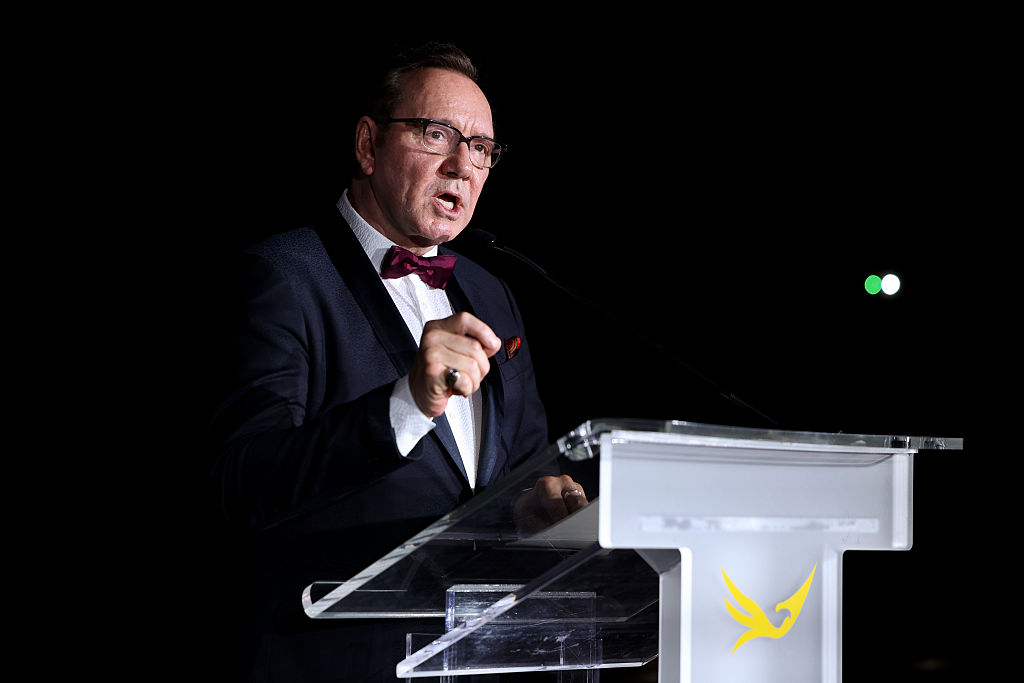
Kevin Spacey speaks on stage at the 78th annual Cannes Film Festival (Getty)
In the 1950s, witch hunts were stoked by pamphlets identifying supposed communists in the media. Screenwriter Dalton Trumbo fell victim to this vicious whispering campaign. He was blacklisted by Hollywood and only given full credit for his work after his death. Today, witch hunts happen on Twitter – with the speed and ferocity of lightning. Kevin Spacey was struck by just such a bolt when he was accused of various sexual assaults on social media and then formally accused in courts in the US and UK – where he was cleared. And now, in trying…









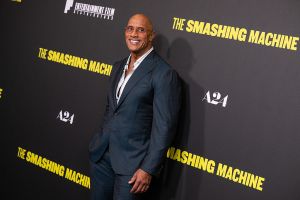


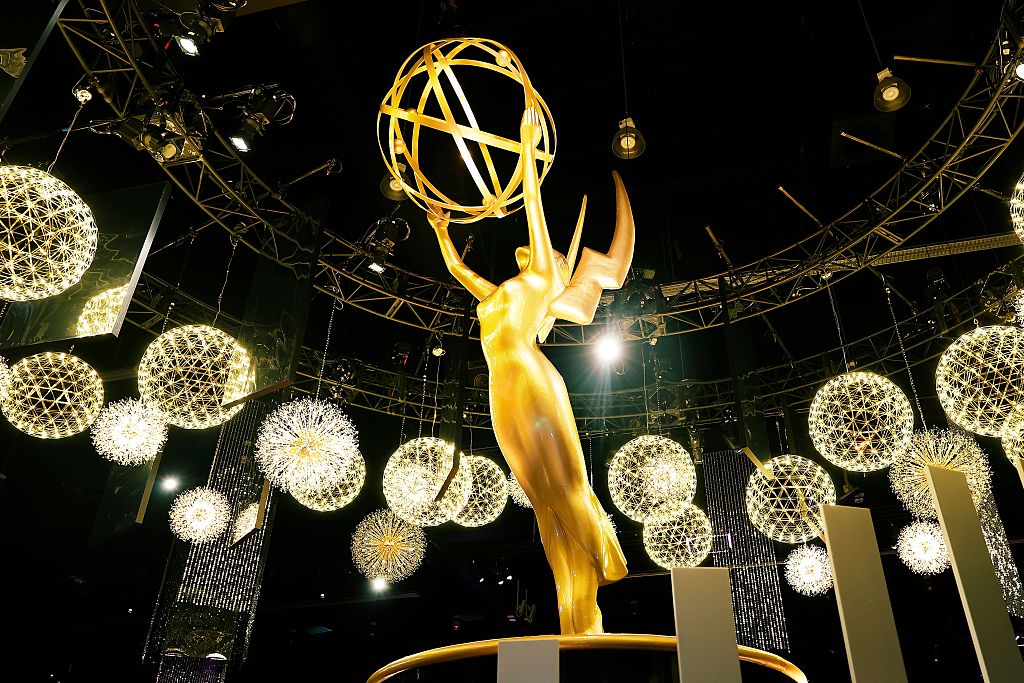

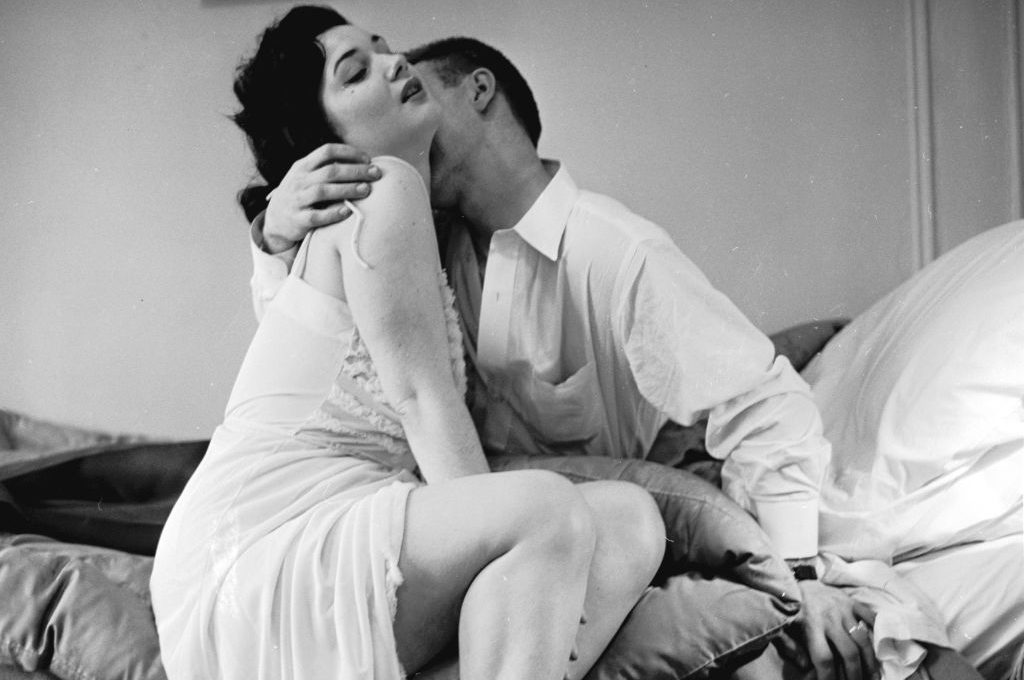
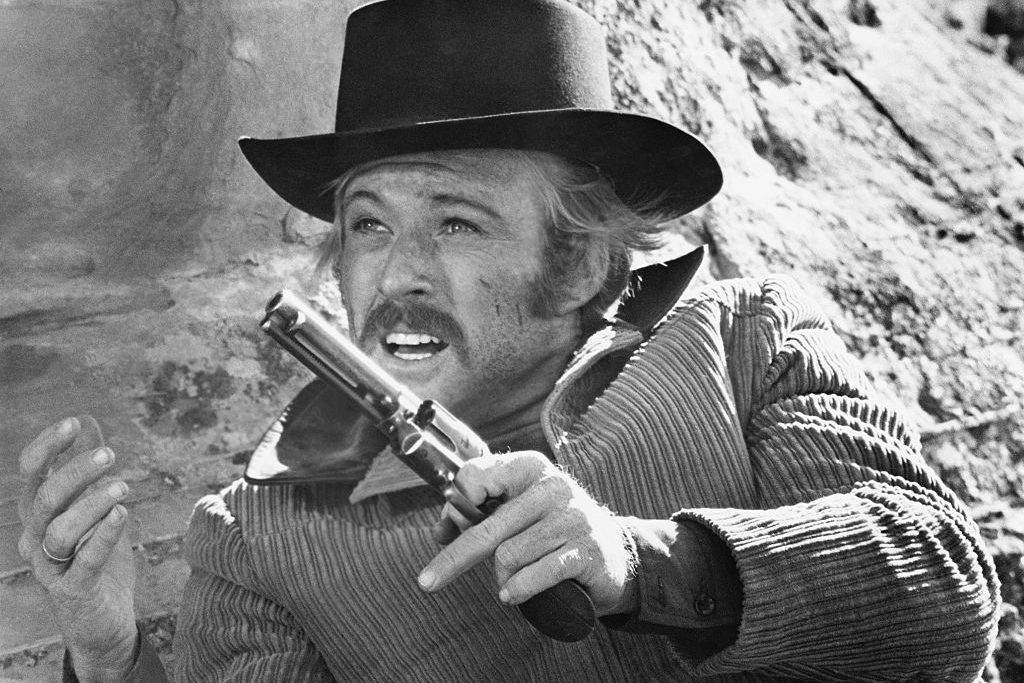
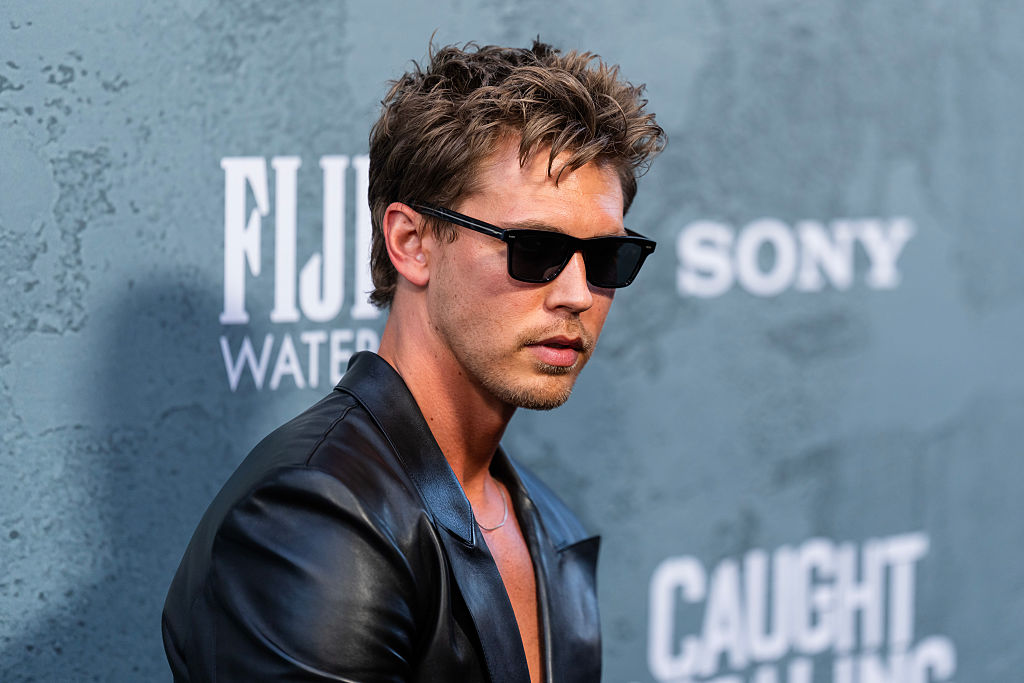
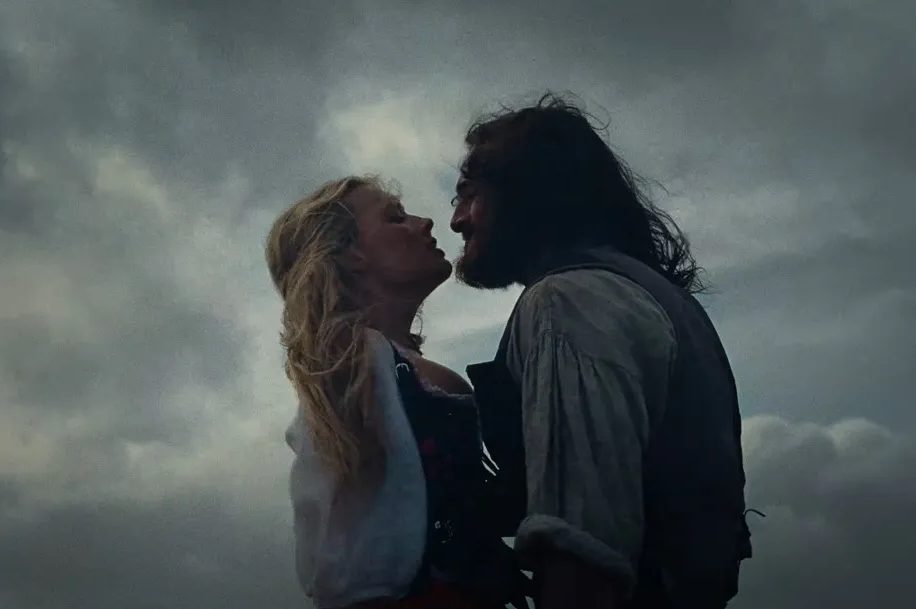







Leave a Reply